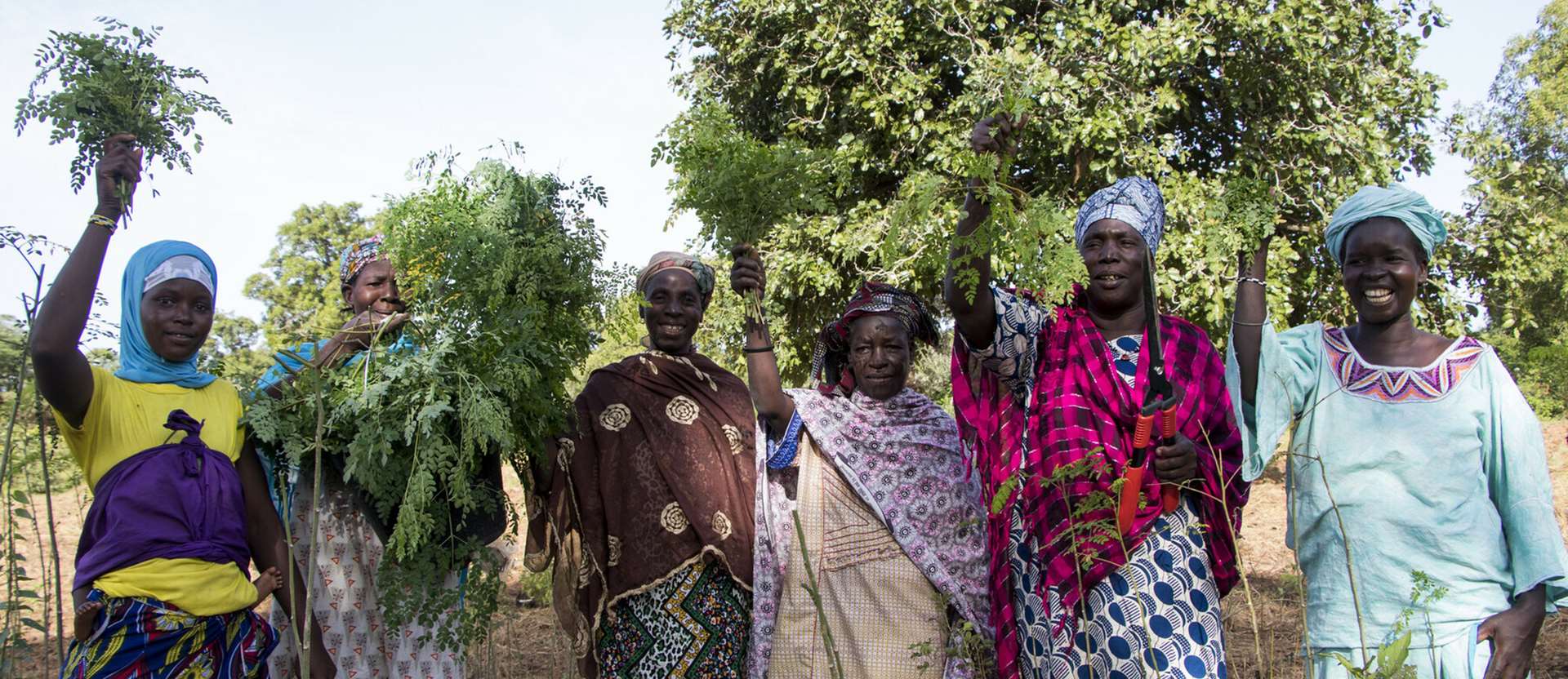
Restoring Koulikoro
Growing trees and restoring the land to improve lives in Koulikoro.Why was this project needed?
In just one decade, the Koulikoro region of Mali lost 86% of its forests, most of which were cut down to make room for farms — this is known as deforestation. Many people living here rely on the forests for food and income, but with more trees being lost, this isn't easy.
On top of this, the climate crisis is making the environment hotter and rainfall more unpredictable. As a result, people struggle to grow enough crops to eat or sell.
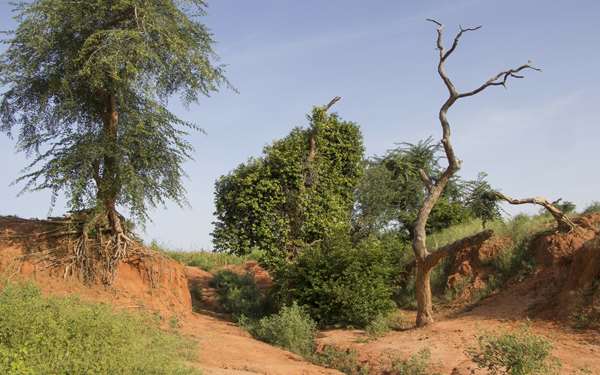

Our aims
This three-year project (which finished in February 2022) aimed to train 300 farmers to grow and protect trees and restore degraded land. Women’s groups were supported to make fuel-saving stoves that use half the firewood of traditional stoves. This helped to reduce the amount of trees being cut down for firewood.
Communities grew baobab and moringa trees in nutrition gardens to provide nutritious food, all year round. Communities can now also sell surplus tree products grown in the gardens to earn an income. Through the project, locals have been supported to process and sell tree products like shea butter and soap.
Our impact:
- Reduced use of timber for fuelwood
Training in the production of fuel-efficient stoves was very successful, received by a total of 1,257 people. 88% of trained women reported adopting the use of fuel-saving stoves by the end of the project. Households using fuel-efficient stoves as their primary stove reported an average of 39% less fuel wood at the project mid-point.
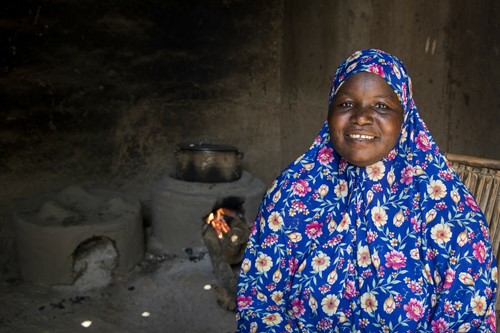
- Increased application of SWC techniques
The project provided training and equipment for 200 lead farmers in SWC practices to be carried out on their land. Using these techniques, 600ha of degraded land was restored. We are also delighted to report that at the project endline, 92% of lead farmers reported that they were continuing to use the SWC techniques (2% higher than the original target).
- Vital land restoration
The project has exceeded its land restoration targets, resulting in a total of 3,819.5 hectares of land restored (2,319.5Ha through Soil & Water Conservation Methods, and 1500Ha through Assisted Natural Regeneration (ANR)).
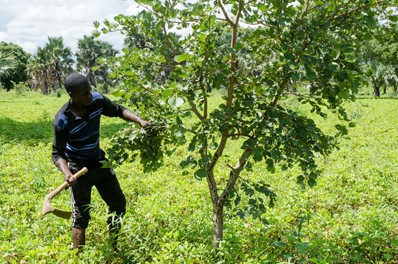
- Trees planted and regenerated
Over the project's lifetime, the nurseries produced over 44,000 seedlings of local tree species, far exceeding expectation. This allowed the project to grow its targets for tree planting and regeneration, with 54,369 trees planted over the course of the project, and a further 189,846 trees regenerated (exceeding targets of 140,000), over 1500 hectares of land.
5. Thriving nutrition gardens
The project successfully established 4 nutrition gardens, planted with trees baobab and moringa to improve dietary security and diversity. All nurseries were established by the end of the project’s second year. 406 women from participating villages took part in training in how to operate and manage the nutrition gardens. Training included sowing and maintenance skills, transplanting seedlings, and the use of leaves in food and as an additional source of income.
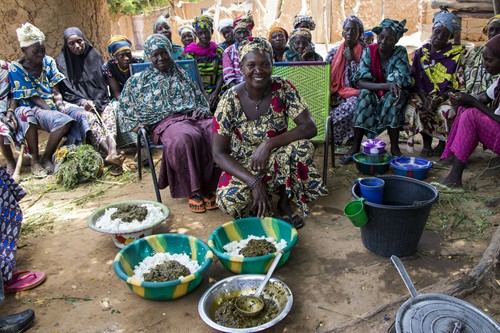
Our partners
This project is funded by the Turing Foundation. We are working with a local partner, The Association for the Development of Promotion and Training Activities (ADAF/Gallé) to implement this project.








